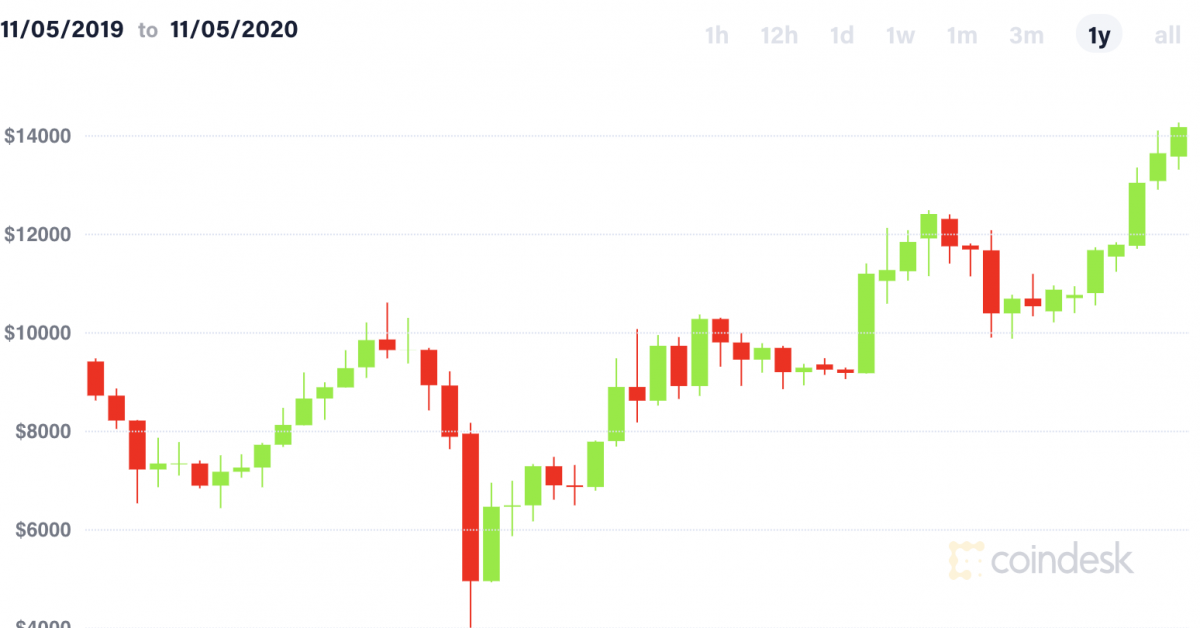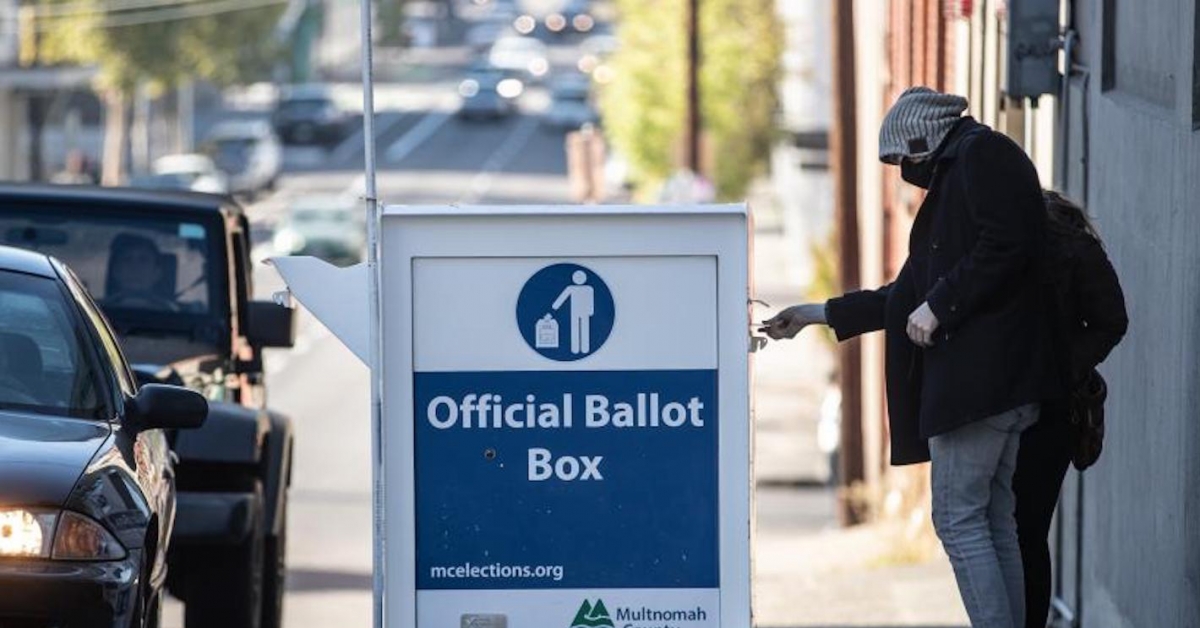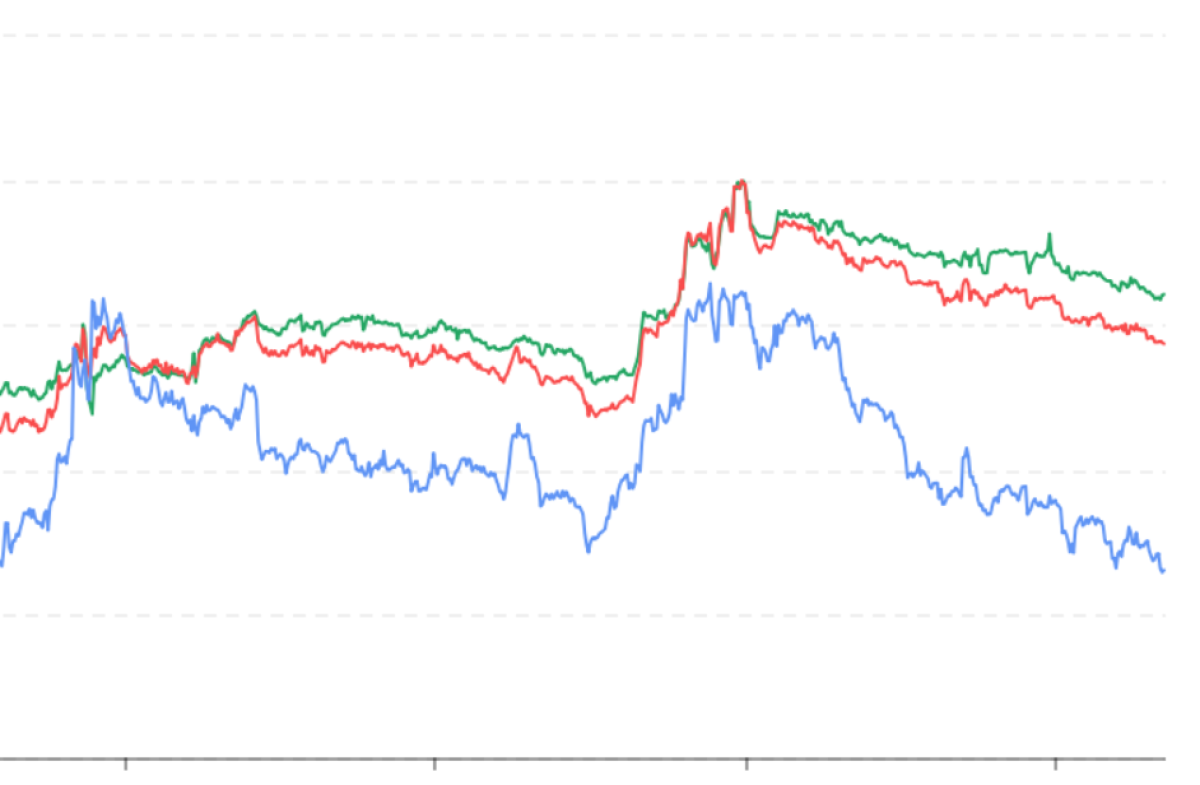Crypto Wants a De Minimis Tax Exemption in the U.S.
Earlier this month, representatives of the crypto industry filed responses to the Senate Finance Committee’s request for comment on tax rules around digital assets.
You’re reading State of Crypto, a CoinDesk newsletter looking at the intersection of cryptocurrency and government. Click here to sign up for future editions.
Tax rules
The narrative
The leaders of the Senate Finance Committee, Sens. Ron Wyden (D-Ore.) and Mike Crapo (R-Idaho) published an open letter in July asking the crypto industry to weigh in on crypto tax issues, including loans, staking, mining, constructive sales and wash trading. These comments were due earlier this month.
Why it matters
The Senate Finance Committee oversees tax issues. The fact that it’s overseeing a public comment period is a first step toward potential legislation or hearings on crypto taxation in the U.S., an area the industry views as a barrier to broader adoption or usage.
Breaking it down
July’s letter also asked about a de minimis rule and foreign reporting requirements, setting a Sept. 8 deadline for responses. The de minimis rule refers to a capital gains tax exemption on realized gains below a certain threshold.
A number of crypto entities proposed some similar suggestions they hope the lawmakers will adopt: taxing cryptocurrencies generated via staking (i.e. staking rewards) at the point they’re sold, rather than as income when they’re generated; clarifying rules around wash trading and, of course, the de minimis rules themselves.
“Unlike traditional government-issued currencies, property does not enjoy a de minimis exemption. This is in contrast to how foreign currencies are treated, which do enjoy an exemption,” a letter authored by Coin Center said. “… This means that every time you buy a cup of coffee or anything else with bitcoin, it counts as a taxable event. If you have experienced a gain because the price of bitcoin has appreciated between the time you acquired the bitcoin and the time you used it, you have to report it to the IRS at the end of the year, no matter how small the gain. Obviously this creates a lot of friction and discourages the use of bitcoin or any cryptocurrency as an everyday payment method.”
Similarly, industry lobbyists at the Blockchain Association wrote that treating crypto like a medium of exchange carries “significantly different” tax burdens compared to treating crypto as an investment.
People transacting frequently could create a “logistical nightmare” of transactions they would have to track and report, the letter said.
The Crypto Council for Innovation, another industry group, took aim at a proposed White House excise tax on miners, saying it should apply to all industry energy users if it’s intended to address environmental issues.
“Unlike most other energy-intensive industries, digital asset mining has the advantage of being able to easily toggle operations off and on,” the letter said.
The DeFi Education Fund (DEF) similarly advocated for rules around crypto loans (using specifically fungible tokens) analogous to rules around loans of securities.
Both the DEF and Coin Center also argued that Section 6050I of the Infrastructure Investment and Jobs Act of 2021 (i.e. the bipartisan infrastructure bill) may not be workable for all parties. The provision requires any individual who receives more than $10,000 in crypto over the course of a tax year to report personally identifying information about the senders, which might not be possible given how many crypto transactions are pseudonymous.
As the deadline for industry comment letters passed a mere 11 days ago, the next steps remain to be seen.
Stories you may have missed
This week
:format(jpg)/cloudfront-us-east-1.images.arcpublishing.com/coindesk/XCUO5A7PMRDIRLPHWGERLLUZDE.png)
-
19:00 UTC (3:00 p.m. EDT) The SEC and Binance faced off over discovery requests. The judge presiding over the hearing set October deadlines for a joint status report and an additional hearing.
-
14:00 UTC (10:00 a.m. EDT) Sam Bankman-Fried’s appeal of his bail being revoked will be heard by a panel of appeals court judges. Officially, it’s scheduled for 10:00 a.m. Eastern but there are three cases on the docket before Bankman-Fried’s, so his defense team’s arguments will likely begin shortly after 11:00 a.m.
-
14:00 UTC (10:00 a.m. EDT) There will be a bankruptcy hearing for BlockFi.
Elsewhere:
-
(The New York Times) Former Twitter (now X) head of trust and safety Yoel Roth penned a first-person accounting of the social media platform’s actions on policing misinformation through 2021 onward and the backlash he faced.
-
(Politico) The U.S. Marine Corps somehow lost an F-35B aircraft after its pilot ejected and the plane just kind of wandered off on its own(??) for a bit until it crashed(??). They found the aircraft a day later.
:format(jpg)/cloudfront-us-east-1.images.arcpublishing.com/coindesk/WB2ILTV2XRGU3FZDKRFZVKVIKE.png)
If you’ve got thoughts or questions on what I should discuss next week or any other feedback you’d like to share, feel free to email me at nik@coindesk.com or find me on Twitter @nikhileshde.
You can also join the group conversation on Telegram.









